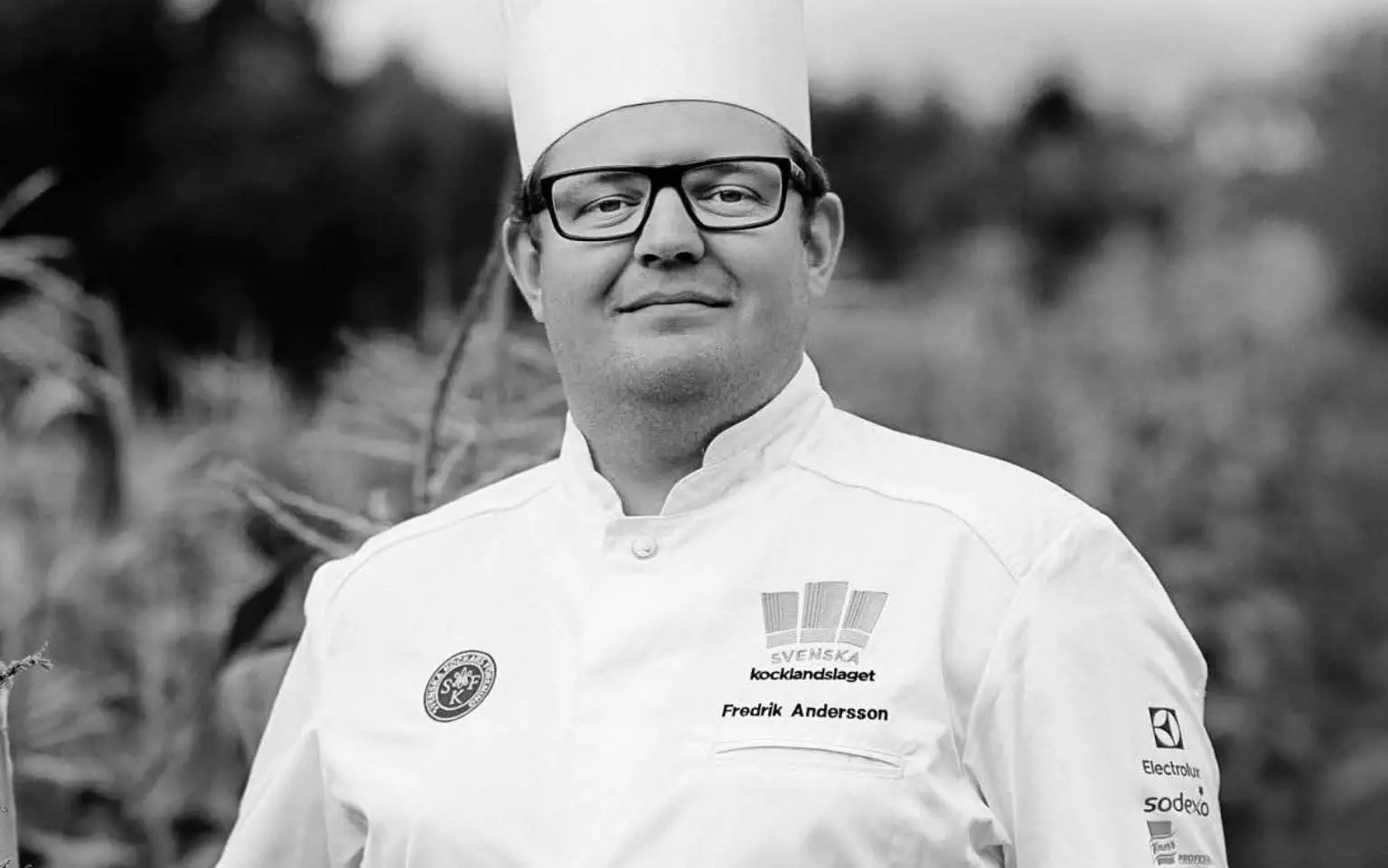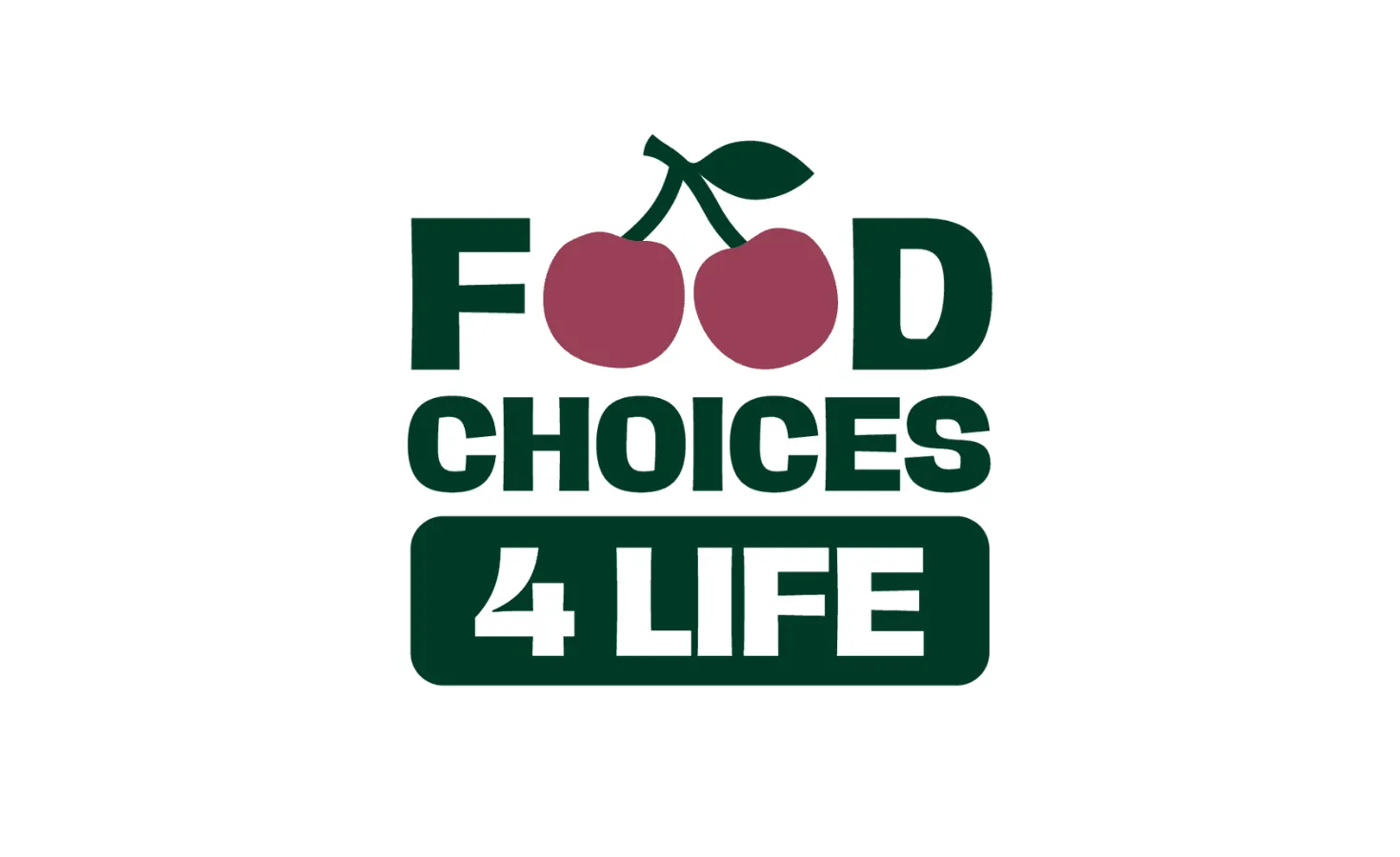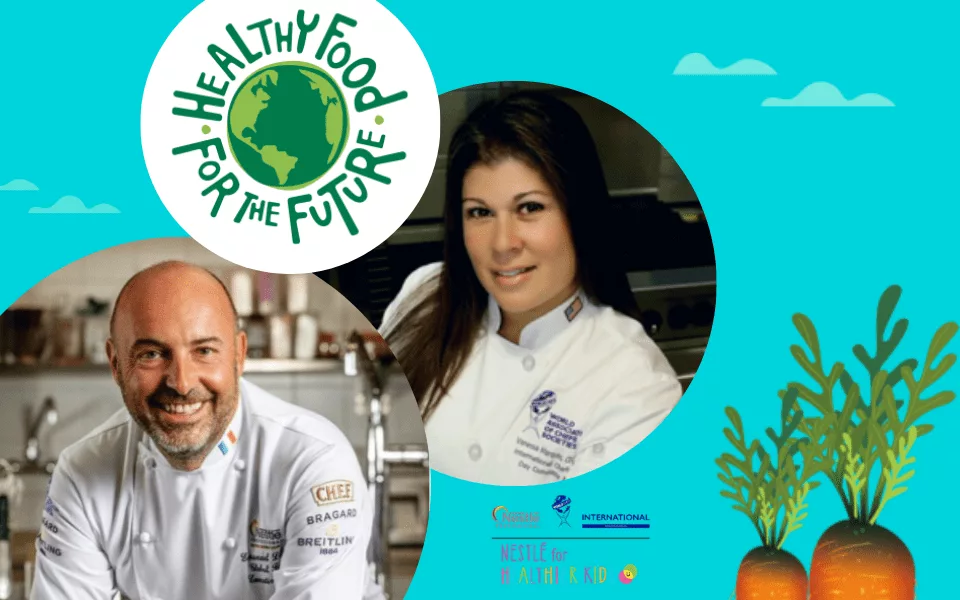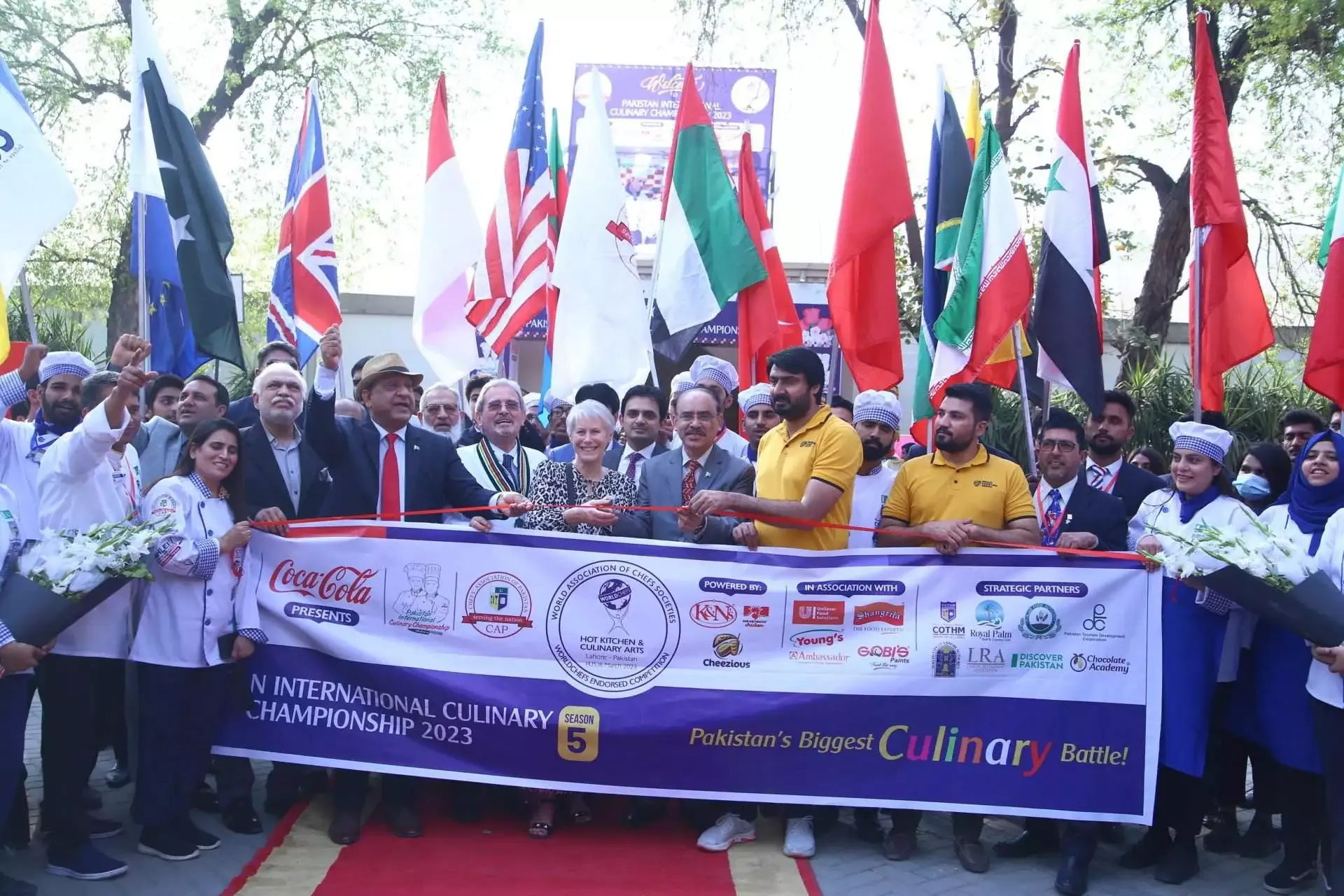Fredrik Andersson is the 1st runner up of the Global Chefs Challenge Final that took place at Worldchefs Congress&Expo 2016. In his interview with Segers Magazine he talks about the future of cuisine.
Autumn 2016 saw the opening of LØS Market, Copenhagen's first zero waste food store, where customers are encouraged to bring their own packaging to fill up with fresh food. However, the concept of Zero Waste has been around for a long time in restaurant kitchens. We spoke with Kocklandslaget's Fredrik Andersson about what he does to throw away less.
What's your experience of Zero Waste?
“The idea of using an ingredient to its maximum and throwing away as little as possible – that has been around for a while now. If you want to make a profit in a restaurant kitchen, you have to use everything you can. If we threw away half of our ingredients, it would get very expensive in the long run. That philosophy is used both in the Kocklandslaget competition and at Gothia Towers where I also work. Our volumes at Gothia are so huge that we have to think holistically in the kitchen. If we're really involved in making economies, we try to balance and compensate for the purchases we make. In terms of meat, we don't just buy the finer cuts; we'd rather have the whole animal. The prime fillets are served at the evening banquet, and other parts are for lunch. As part of the Kocklandslaget team, we also work consciously, to use as much of the raw ingredients as possible. How can we use vegetable tops and stems? What can we do with the blood and the internal organs? But now the Zero Waste concept is even gaining ground outside the kitchen.
So, Gothia serves breakfast, lunch and dinner. As a large kitchen, is it easier to compensate and use fresh ingredients to their maximum, compared to smaller lunch restaurants?
No, I'd say it's actually easier for smaller places. Even though we have considerable volumes and different meals at Gothia, the way we work varies quite considerably. This week we are fairly quiet, but next week the hotel is going to be fully booked, with big banquets. It's hard to compensate. In a smaller restaurant, there is perhaps more of a steady footfall, and it's easier to predict sales. It's also easier to plan.”
How do you think Zero Waste is going to develop in future?
“I think it's going to spread more widely. We are forced to take this step if we want to continue living on this planet. Obviously, chefs have an advantage, as we are more easily able to experiment and learn new methods to create dishes with more parts of the raw ingredients. But I also think that the general public should begin to see how things are with food waste. The knowledge that chefs are developing today must be spread and passed on to the home kitchens. For example, I've got many friends who throw away food simply because it's gone past the date on the packaging. The best before date is only a recommendation, it's not absolute proof the food has gone off. You have to be bold – look at it, smell it, taste a bit. Cut a bit off, marinate it with a bit of lemon juice and olive oil, and taste it. Cauliflower tops are a clever example of intense flavour to liven up a salad. Parsnip bacon is another green option that you see online, which can be smoked to get that lovely fatty taste. Zero Waste is in its infancy, and a change won't happen overnight. But it's really great to see everything that's going on.”
How has the knowledge and awareness spread, then?
“Individual restaurants and cookbooks are definitely helping a lot. I also think that the Max burger chain is doing a great job. They are reaching out to so many people thanks to their size, and their message is often centred in an environmentally-friendly profile. Sometimes it feels like they're trying to get their vegetarian option to become the best-seller. But if you think they're a fast food burger restaurant, it's really interesting that their veggie option is getting so much publicity, They probably sell just as many hamburgers, but they're sending out signals that people are picking up.”
Next year you're team leader for Kocklandslaget. How do you work?
“Of course I spend a lot of time developing and becoming better. We have a great tradition of competitive gastronomy in Sweden and we want to continue doing well in the future. On an almost daily basis, I'm there testing things to see how I can take the raw ingredients to the next level. It's a constantly ongoing project, with numerous discussions, but we have a great collective sense within the team.






